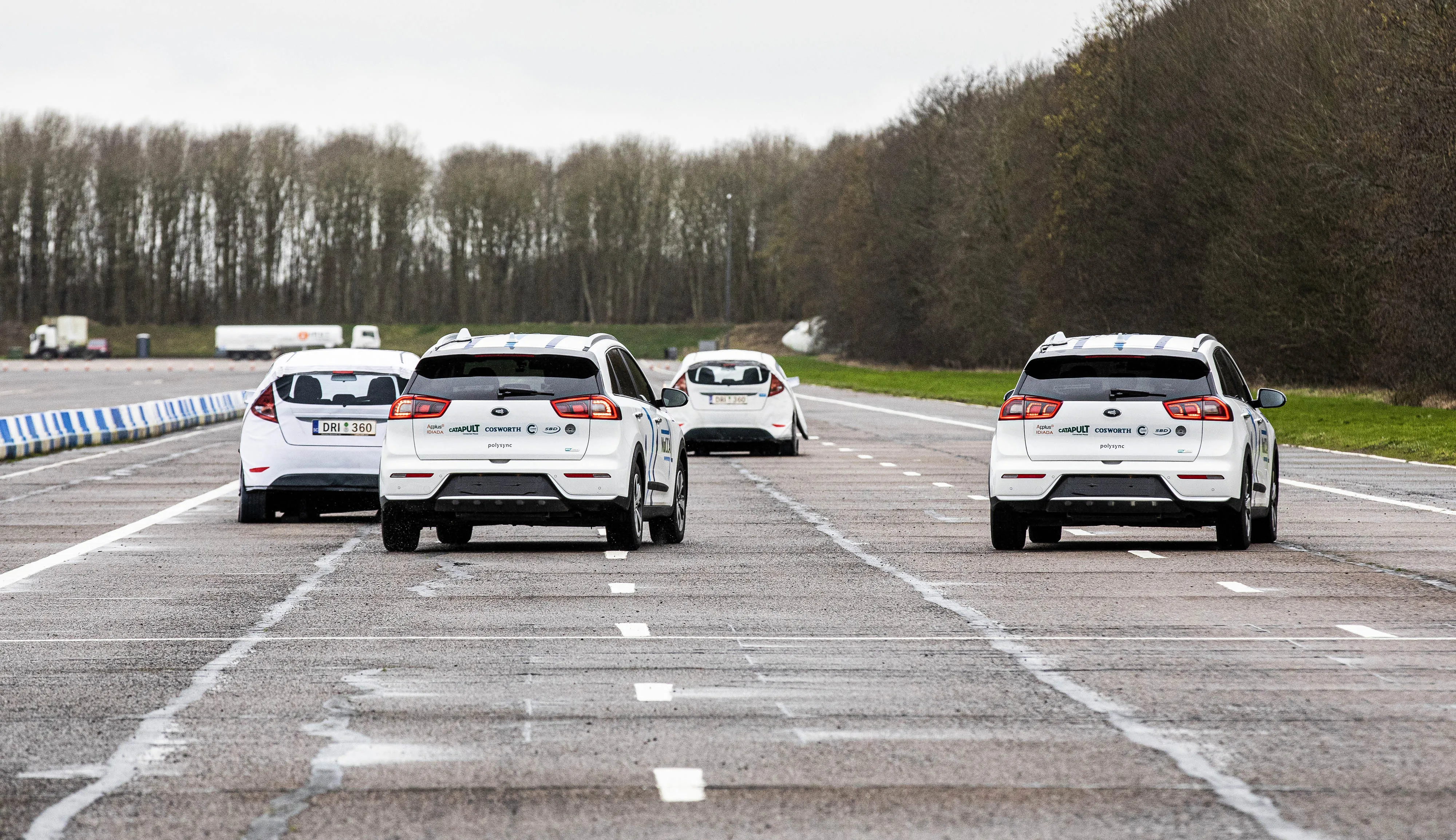US Transportation Secretary Anthony Foxx has announced that the National Highway Traffic Safety Administration plans to add two cutting-edge automatic emergency braking systems to the recommended advanced safety features included under its New Car Assessment Program (NCAP) – the latest step in a half-century of safety innovations that have saved more than 600,000 lives, according to new NHTSA research.
The agency plans to continue to encourage development and commercialization of additional promising saf
January 23, 2015
Read time: 3 mins
US Transportation Secretary Anthony Foxx has announced that the 834 National Highway Traffic Safety Administration plans to add two cutting-edge automatic emergency braking systems to the recommended advanced safety features included under its New Car Assessment Program (NCAP) – the latest step in a half-century of safety innovations that have saved more than 600,000 lives, according to new NHTSA research.
The agency plans to continue to encourage development and commercialization of additional promising safety-related technologies of vehicle automation through its recommendation of two automatic emergency braking systems – crash imminent braking (CIB) and dynamic brake support (DBS). The addition is the latest in a long history of safety innovations covered in NHTSA's new report, which uses data from the agency's Fatal Accident Reporting System to create a statistical model that estimated safety technologies have saved 613,501 lives since 1960.
According to NHTSA data, one-third of all police-reported crashes in 2013 involved a rear-end collision with another vehicle at the start of the crash. The agency also found that a large number of drivers involved in rear-end crashes either did not apply the brakes at all or did not apply the brakes fully prior to the crash. Crash imminent braking and dynamic brake support systems can intervene by automatically applying the vehicle's brakes or supplementing the driver's braking effort to mitigate the severity of the crash or to avoid it altogether.
These AEB systems, along with promising innovations such as vehicle-to-vehicle communications (V2V) and automated vehicle technologies hold great promise to save even more lives and prevent even more crashes, building upon the successes of crashworthiness and crash avoidance technologies currently available in vehicles today. As these technologies mature, NHSTA will continue to accelerate its push on innovative and effective solutions to reduce the staggering toll of motor vehicle crashes in the U.S. through our research, regulatory, and consumer information programs.
The NHTSA action also marks the first step in a broader revision of NCAP and seeks to ensure the program continues to encourage both consumers and automakers to develop and adopt advanced vehicle safety technologies.
"Adding AEB to our list of recommended features will encourage consumers to consider AEB as a factor in their new car purchase and encourage automakers to make this important innovation more widely available," said NHTSA Administrator Mark Rosekind. "NCAP is a critical tool for enhancing safety, so we are also looking at additional innovations to the program to capitalise on this exciting period of progress in safety technology."
The agency plans to continue to encourage development and commercialization of additional promising safety-related technologies of vehicle automation through its recommendation of two automatic emergency braking systems – crash imminent braking (CIB) and dynamic brake support (DBS). The addition is the latest in a long history of safety innovations covered in NHTSA's new report, which uses data from the agency's Fatal Accident Reporting System to create a statistical model that estimated safety technologies have saved 613,501 lives since 1960.
According to NHTSA data, one-third of all police-reported crashes in 2013 involved a rear-end collision with another vehicle at the start of the crash. The agency also found that a large number of drivers involved in rear-end crashes either did not apply the brakes at all or did not apply the brakes fully prior to the crash. Crash imminent braking and dynamic brake support systems can intervene by automatically applying the vehicle's brakes or supplementing the driver's braking effort to mitigate the severity of the crash or to avoid it altogether.
These AEB systems, along with promising innovations such as vehicle-to-vehicle communications (V2V) and automated vehicle technologies hold great promise to save even more lives and prevent even more crashes, building upon the successes of crashworthiness and crash avoidance technologies currently available in vehicles today. As these technologies mature, NHSTA will continue to accelerate its push on innovative and effective solutions to reduce the staggering toll of motor vehicle crashes in the U.S. through our research, regulatory, and consumer information programs.
The NHTSA action also marks the first step in a broader revision of NCAP and seeks to ensure the program continues to encourage both consumers and automakers to develop and adopt advanced vehicle safety technologies.
"Adding AEB to our list of recommended features will encourage consumers to consider AEB as a factor in their new car purchase and encourage automakers to make this important innovation more widely available," said NHTSA Administrator Mark Rosekind. "NCAP is a critical tool for enhancing safety, so we are also looking at additional innovations to the program to capitalise on this exciting period of progress in safety technology."








